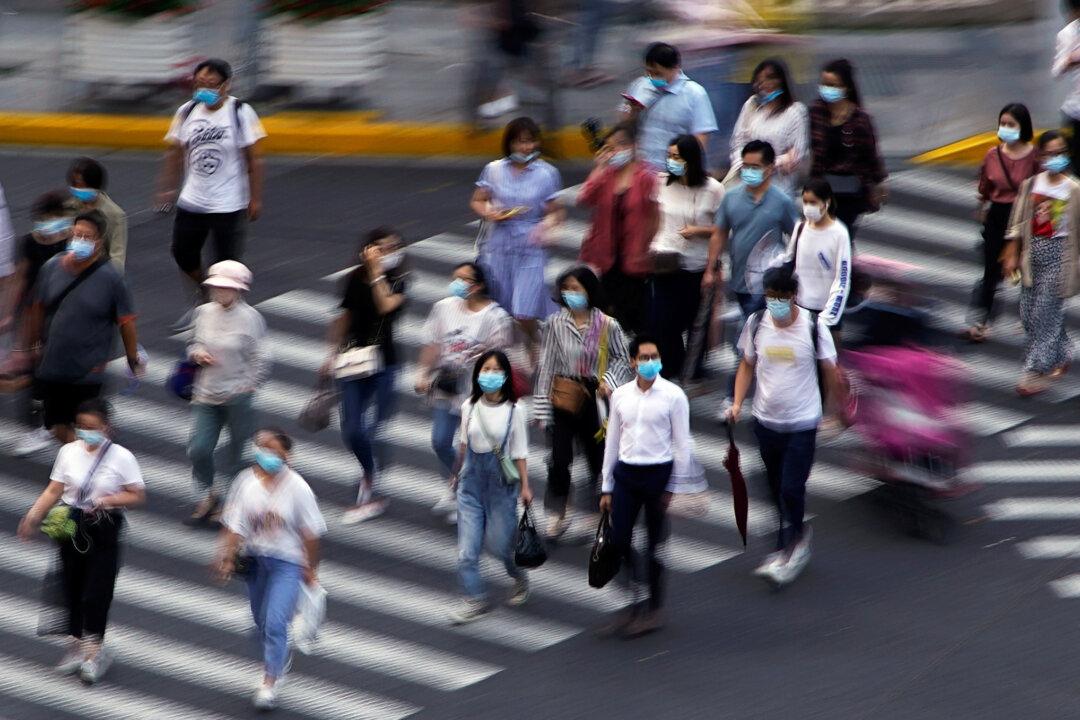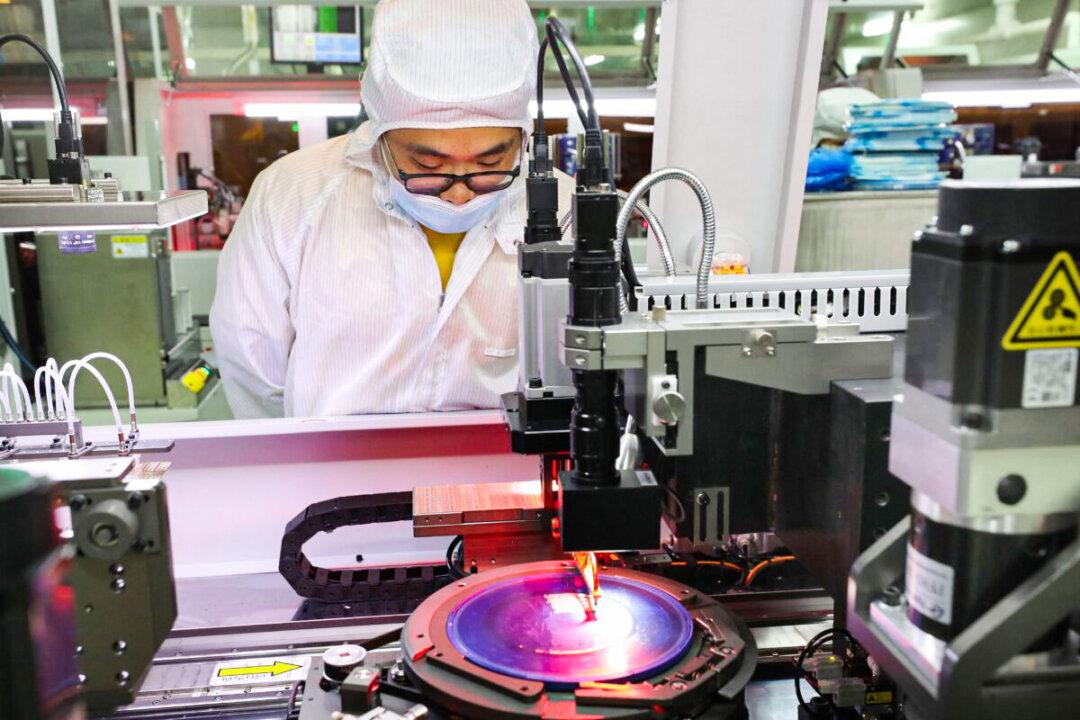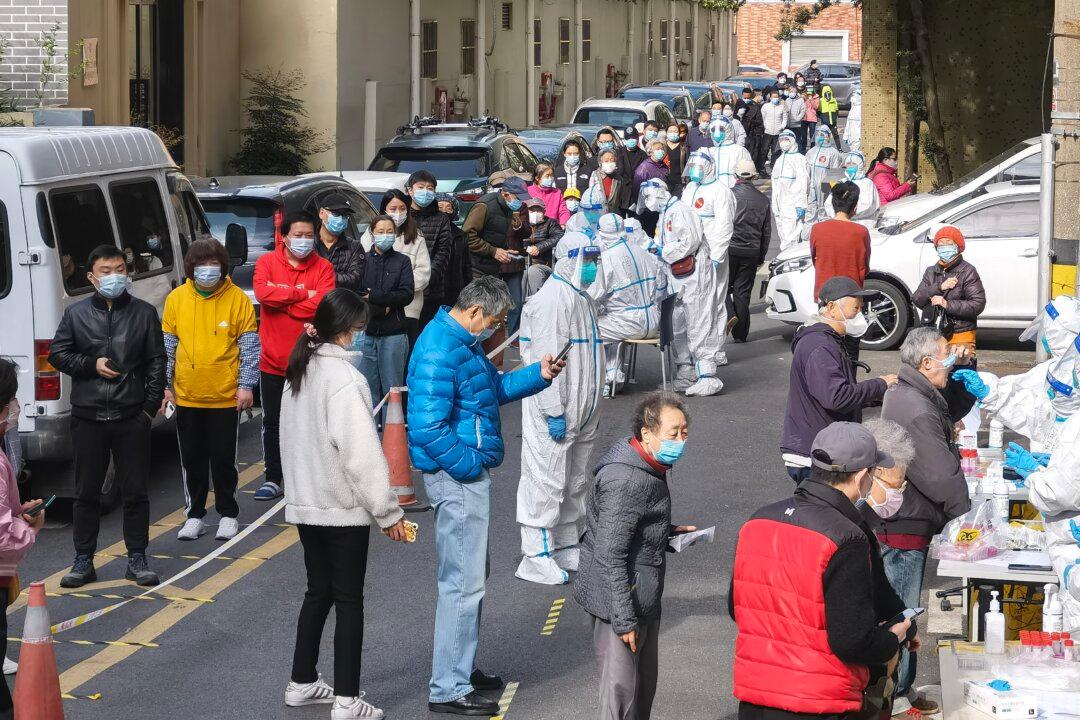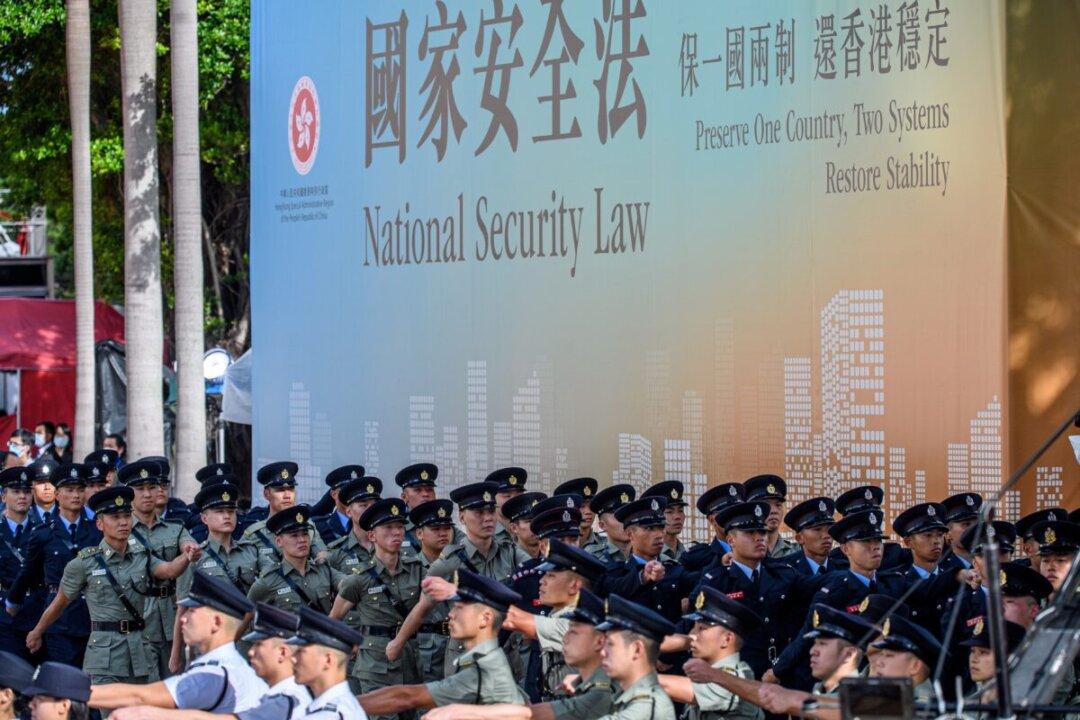Shanghai’s new regulations, which require visitors to register their personal information if they stay in the city for more than 24 hours, caused backlash on Chinese social media. One expert believes the Chinese Communist Party (CCP) will implement the same rules throughout China in the near future because it is confronted by four major crises that threaten its rule.
On April 1, Shanghai began to enforce the newly revised “Shanghai Real Population Services and Management Regulations,” demanding visitors who stay in the financial hub for more than 24 hours to register or face a fine of up to 5,000 yuan ($750).





